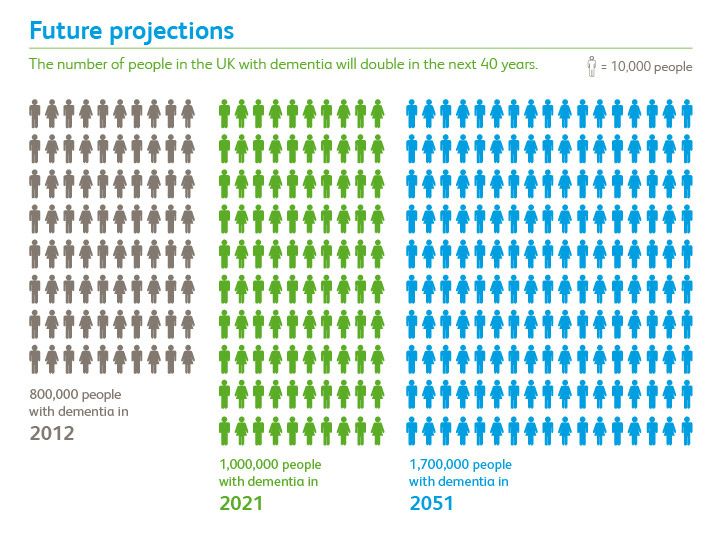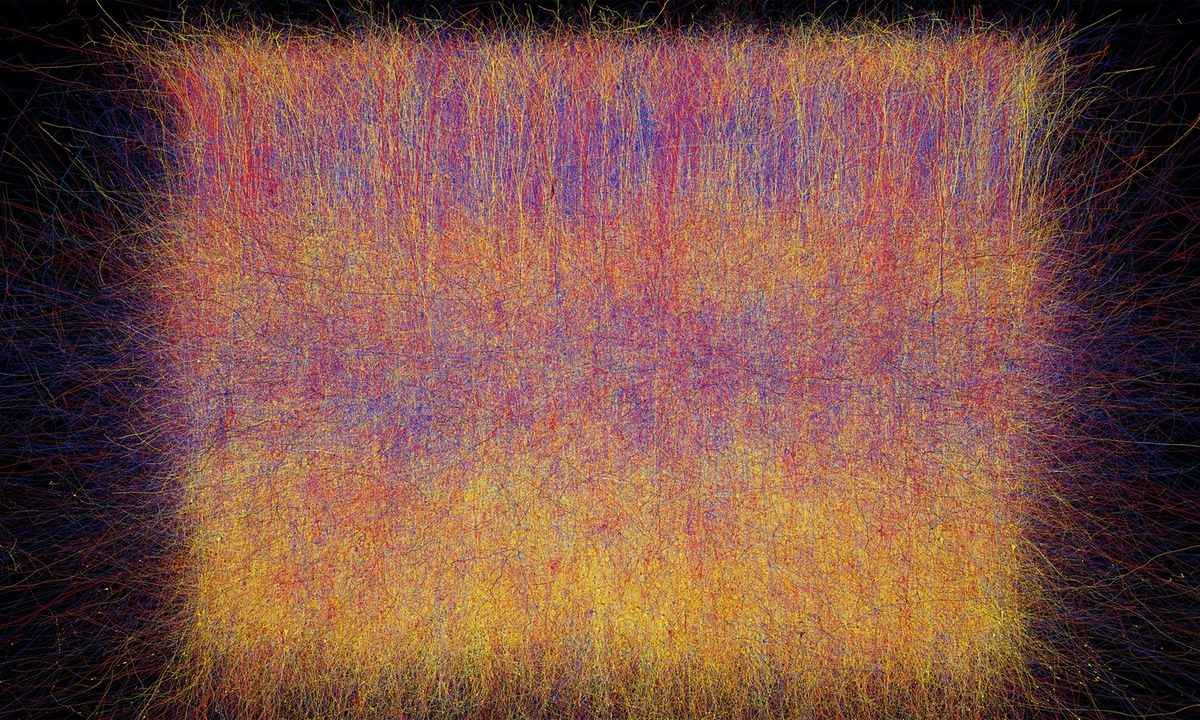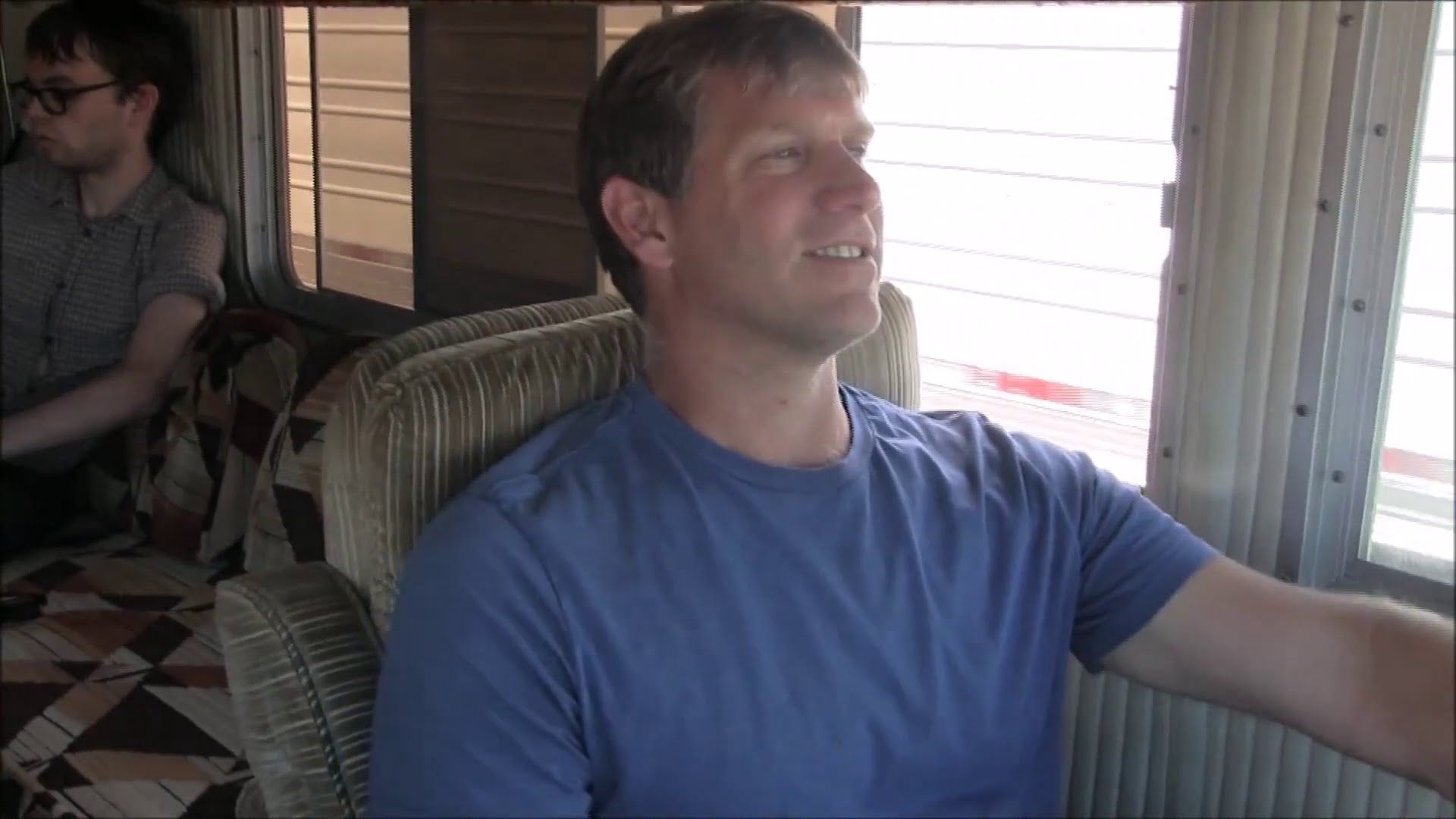
Today, dementia affects over 46 million people worldwide, by 2050 it will affect more than 131 million people.
Global costs of dementia are estimated at $818 billion. As a result, if dementia care were a country, it would be the world’s 18th largest economy.
Dementias are one of the most expensive diseases for the healthcare system as patients require long-term care with daily activities like washing, getting dressed and eating. It has been estimated that the US health care would save an astonishing 40 billion dollars annually if the age of onset for Alzheimer’s disease was delayed by just 5 years. The estimated annual cost of dementia worldwide is 818 billion dollars, more than the current US defence budget. By 2018 the cost may reach a trillion dollars. Remarkably, if dementia were a country, it would be the 18th largest economy on earth.
Read more

















